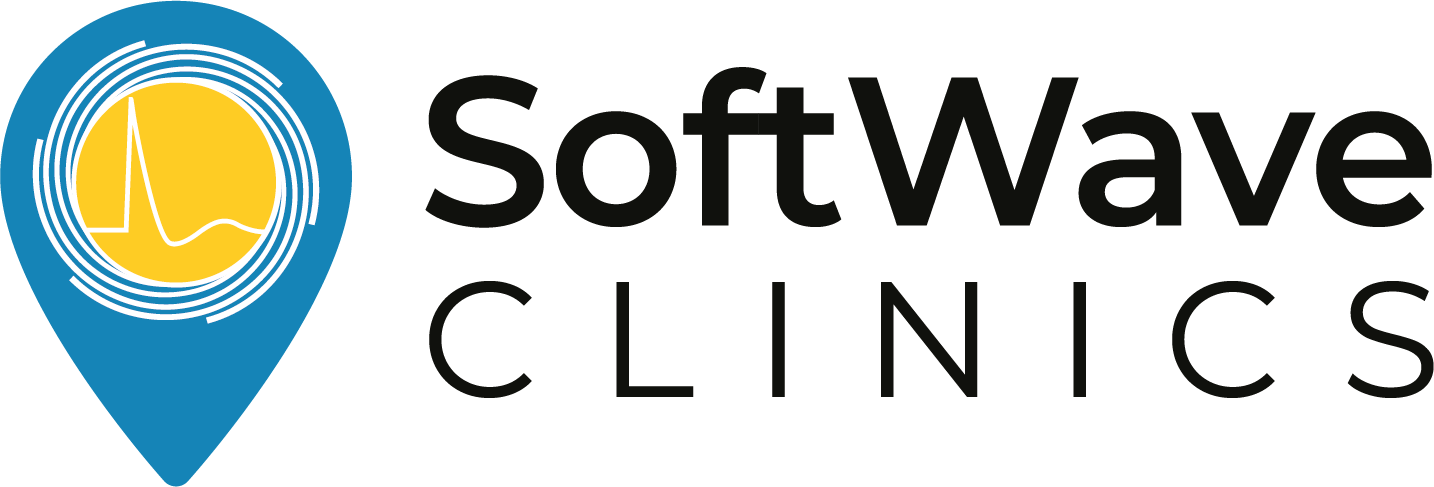Boosting Cardiac Performance: Epicardial Shockwave Therapy in Ischaemic Models
Boosting Cardiac Performance: Epicardial Shockwave Therapy in Ischaemic Models
Authors: Johannes Holfeld, Daniel Zimpfer, Karin Albrecht-Schgoer, Alexander Stojadinovic, Patrick Paulus, Julia Dumfarth, Anita Thomas, Daniela Lobenwein, Can Tepeköylü, Raphael Rosenhek, Wolfgang Schaden, Rudolf Kirchmair, Seyedhossein Aharinejad, Michael Grimm
In this study, researchers investigated the safety and effectiveness of epicardial shockwave therapy in a large animal model of ischemic heart disease. They aimed to evaluate the therapy’s impact on left ventricular function and the induction of angiogenesis, as well as understand its underlying mechanisms.
The study involved pigs that had undergone left anterior descending (LAD) artery ligation to simulate heart disease. Some animals received epicardial shockwaves (300 impulses at 0.38 mJ/mm2) applied to the infarcted anterior wall, while others served as the control group without shockwave treatment. The efficacy endpoints were improvements in left ventricular ejection fraction (LVEF) and the induction of angiogenesis after six weeks of shockwave therapy. Safety was assessed by monitoring hemodynamic stability and potential myocardial damage.
After LAD ligation, both the shockwave and control groups experienced a decrease in LVEF. However, six weeks after treatment, the shockwave group showed a significant improvement in LVEF (62 ± 9%), while the control group showed no improvement (41 ± 4%). The shockwave-treated animals exhibited substantial angiogenesis, indicated by increased arterioles, compared to the control group.
No adverse effects were observed during or after shockwave treatment, demonstrating its safety in the animal model. In vitro experiments suggested that shockwave therapy stimulated VEGF receptors in human coronary artery endothelial cells, potentially contributing to angiogenesis.
Overall, the study findings indicate that epicardial shockwave therapy has a positive effect on improving left ventricular function in ischemic heart disease. It induces angiogenesis and does not cause any harmful effects. These results support the potential of shockwave therapy as a therapeutic option for heart disease patients, potentially enhancing cardiac function and promoting the growth of new blood vessels in the heart.
